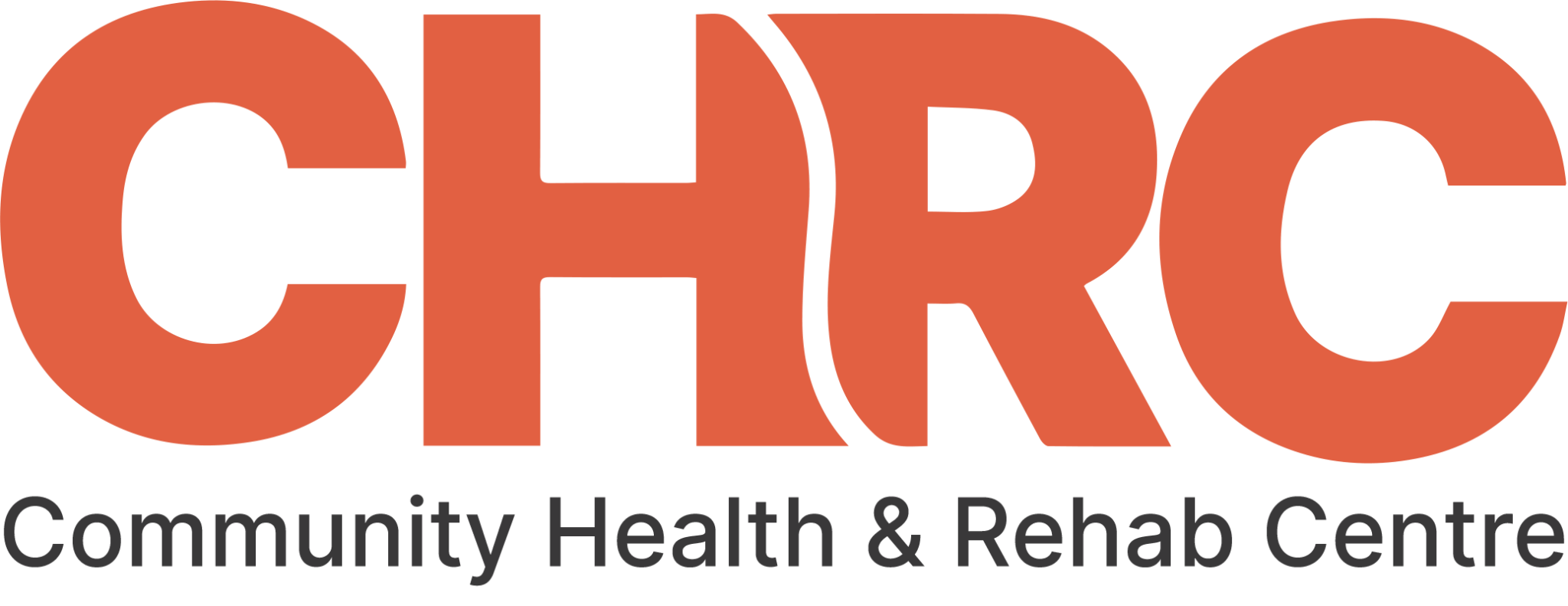Chiropractor help and care has emerged as a popular and effective alternative for individuals seeking relief from various musculoskeletal issues. Whether it’s chronic back pain, headaches, or mobility limitations, chiropractors employ non-invasive techniques to address the root causes of discomfort. However, knowing when to seek out a chiropractor is crucial for obtaining timely and effective relief.
I. Persistent or Recurring Pain
A. Chronic Back Pain
Persistent back pain that lasts for weeks or even months can significantly impact daily life. If over-the-counter medications and rest have not provided relief, it may be time to consult a chiropractor. They can assess the spine’s alignment and provide targeted treatments to alleviate chronic back pain.
B. Recurring Headaches or Migraines
Frequent headaches or migraines can be a sign of underlying issues related to spinal alignment and nerve function. Chiropractic adjustments can help address these issues and potentially reduce the frequency and severity of headaches.
II. Limited Range of Motion
A. Stiffness and Restricted Movement
If stiffness and limited range of motion in the neck, back, or joints are impeding daily activities, it may be an indication that chiropractic care could be beneficial. Chiropractors can perform adjustments to improve joint mobility and alleviate restrictions.
B. Difficulty Performing Routine Tasks
Struggling to perform routine tasks like bending, reaching, or lifting due to pain or restricted movement may warrant a visit to a chiropractor. They can assess the underlying issues and provide tailored treatments to restore function.
III. Postural Irregularities
A. Prolonged Poor Posture
Sitting for extended periods in front of a computer or regularly engaging in activities that promote poor posture can lead to musculoskeletal imbalances. A chiropractor can evaluate posture and recommend adjustments and exercises to correct these imbalances.
B. Uneven Shoulder or Hip Alignment
Visible signs of misalignment, such as one shoulder appearing higher than the other or a noticeable tilt in the hips, may indicate a need for chiropractic intervention. These misalignments can lead to pain and discomfort that chiropractors are trained to address.
IV. Recent Trauma or Injury
A. Whiplash from an Accident
Whiplash, often resulting from car accidents, can cause neck and upper back pain due to the sudden, forceful movement of the head and neck. Seeking chiropractic care promptly after such an incident can aid in the recovery process.
B. Sports-Related Injuries
Participating in sports can sometimes lead to musculoskeletal injuries. Whether it’s a sprain, strain, or joint misalignment, a chiropractor can provide specialized care to facilitate a faster and more effective recovery.
V. Numbness, Tingling, or Weakness
A. Radiating Symptoms
Numbness, tingling, or weakness radiating down the arms or legs can be indicative of nerve compression or irritation. Chiropractors are skilled in identifying and addressing these issues through spinal adjustments and other targeted treatments.
B. Carpal Tunnel Syndrome or Sciatica
Conditions like carpal tunnel syndrome or sciatica involve nerve compression and can cause significant discomfort. Chiropractors can offer treatments to alleviate pressure on affected nerves and provide relief from associated symptoms.
VI. Ongoing Chiropractor Help and Care
A. Maintaining Overall Musculoskeletal Health
Seeking out a chiropractor for preventative care, even in the absence of specific pain or symptoms, can contribute to overall musculoskeletal health. Regular adjustments and tailored exercises can help maintain proper spinal alignment and prevent future issues.
B. Enhancing Athletic Performance
Athletes often turn to chiropractic care to enhance performance and prevent injuries. Chiropractors can work with athletes to optimize their musculoskeletal function, improve flexibility, and reduce the risk of sports-related injuries.
Knowing when to seek out a chiropractor is essential for obtaining timely and effective relief from musculoskeletal issues. Whether experiencing chronic pain, limited mobility, postural irregularities, recent trauma, or even seeking preventative care, chiropractors offer non-invasive and tailored treatments to address a wide range of concerns. By recognizing the signs and symptoms that warrant chiropractic intervention, individuals can take proactive steps towards improving their overall musculoskeletal health and well-being. Chiropractic care stands as a valuable resource for those seeking natural and effective solutions for a variety of musculoskeletal issues.

